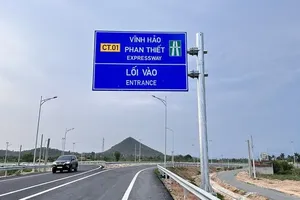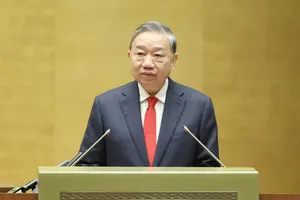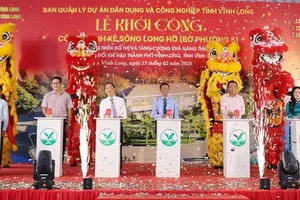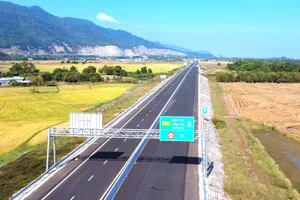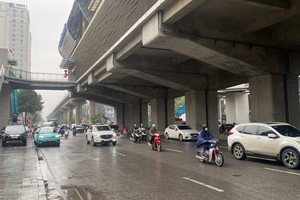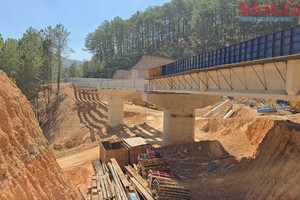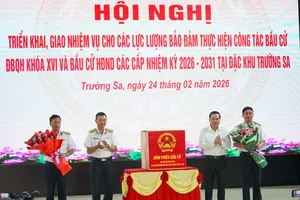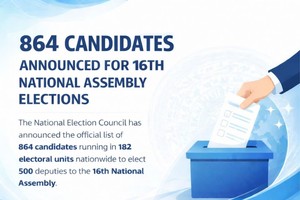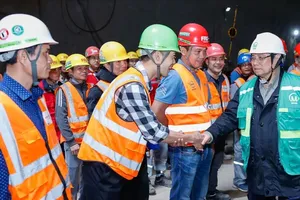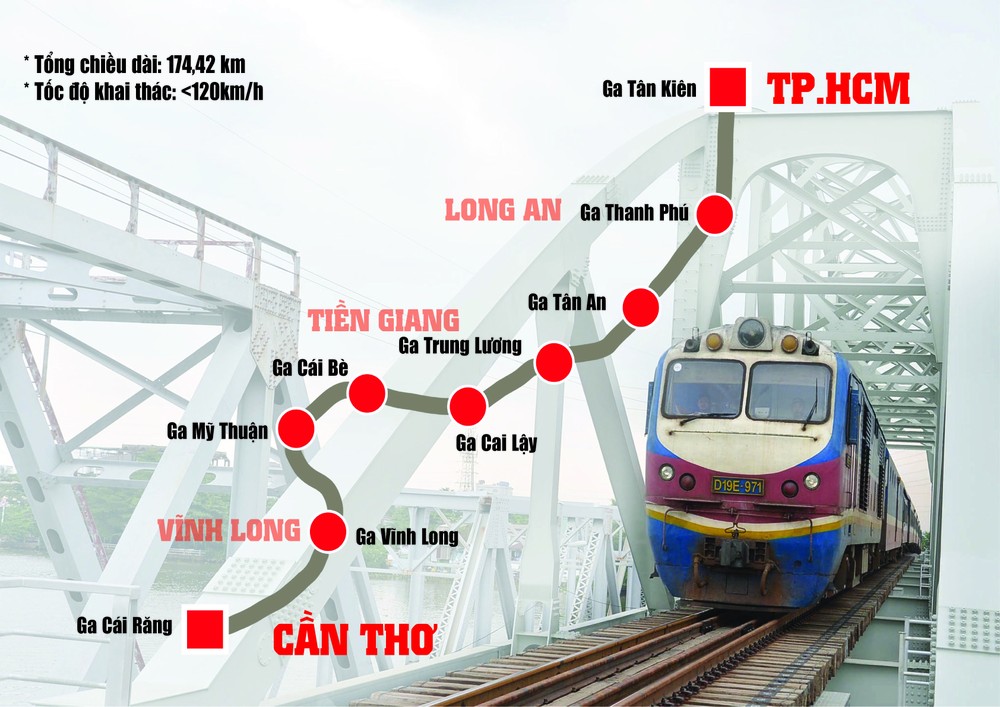
The Ho Chi Minh City - Can Tho high-speed railway project has just had new developments when CT Group proposed to mobilize US$ 9.98 billion of investment capital in the form of public-private partnership (PPP).
The Ministry of Transport said that the Ho Chi Minh City - Can Tho high-speed railway project is currently being invested by the Management Authority for Urban Railways (MAUR). The consulting unit has also basically completed the construction investment pre-feasibility study report which is expected to submit to competent authorities for appraisal in 2024.
Moreover, procedures are complete to submit to the National Assembly’s consideration and approval of the investment policy and implement the next steps in 2025. Accordingly, the consulting unit has proposed investment capital in the form of PPP, including state capital to support the construction of works, and infrastructure systems.
The project is the breakthrough in transportation infrastructure for the Mekong Delta, , investors from the US, Canada and the UK are interested in this project, according to a representative of the Vietnam Union of Science and Technology Associations (VUSTA). Mr. Yamada Takio, Ambassador Extraordinary and Plenipotentiary of Japan in Vietnam and Mr. Shimizu Akira, Chief Representative of the Office of the Japan International Cooperation Agency (JICA) in Vietnam, also affirmed that Japanese businesses are paying attention to the project.
Most recently, CT Group proposed implementing this project using the PPP method. Accordingly, over the past 3 years, the group along with financial institutions, consulting organizations with domestic and international experience and leading railway experts have conducted assessments and studies about the project; us, the group expected to pour nearly $10 billion into the project soon.
In its recent document to the Government, Ho Chi Minh City-headquartered CT Group proposed to build a high-speed railway line from Ho Chi Minh City to the Mekong Delta City Can Tho with the PPP method. The railway is designed to pass through the following provinces and cities such as Binh Duong, Ho Chi Minh City, Long An, Tien Giang, Vinh Long and Can Tho.
The group proposed to develop a plan to synchronously develop 12 stations along the route according to the TOD model - an urban development approach centered around public transport hubs - helping the investor recoup the initial investment from 50 years to 25 years and create development for provinces and cities.
According to economic expert Huynh The Du, due to the scale and special nature of the project, it requires careful preparation, quality, and effective promotion to foreign investors as this project will be a huge lever to help the Mekong Delta develop its full potential.
The Management Authority for Urban Railways said that according to the consulting unit’s preliminary proposal in the pre-feasibility study report, the Ho Chi Minh City - Can Tho railway has a total length of 174.42km, with 15 stations and 11 maintenance stations. The railway will be built according to double track standards, electrified 1,435mm gauge, distributed motive force train (EMU) technology for passenger trains at speeds below 190km/h and 120km/h for freight trains. The project’s investment is expected to be about US$9.07 billion.
Regarding the investment plan, the consulting unit proposes to invest in the project in the form of PPP. The State pays for site clearance, investors mobilize capital for infrastructure construction, test and hand over to the State in the form of BTL (build - transfer - lease). The investor will establish Ho Chi Minh City - Can Tho Railway Transport Joint Stock Company to invest in vehicles, organize the operation, exploitation and maintenance of infrastructure, vehicles and pay infrastructure rental fees to the MAUR.
Mr. Uong Viet Dung, a spokesman for the Ministry of Transport, said that the Ministry of Transport has not yet received a proposal from CT Group. He added that any investor with enough potential to accelerate project implementation progress sooner, this would be great because it brings huge economic, cultural and social benefits to the southern region.
However, this is a large-scale project with complex technology and techniques, so it needs careful and scientific evaluation and specific mechanisms for the project. The Ministry of Transport has asked relevant units to complete a pre-feasibility study report to submit to the National Assembly in 2025 which will be used for mobilizing resources for implementation.

